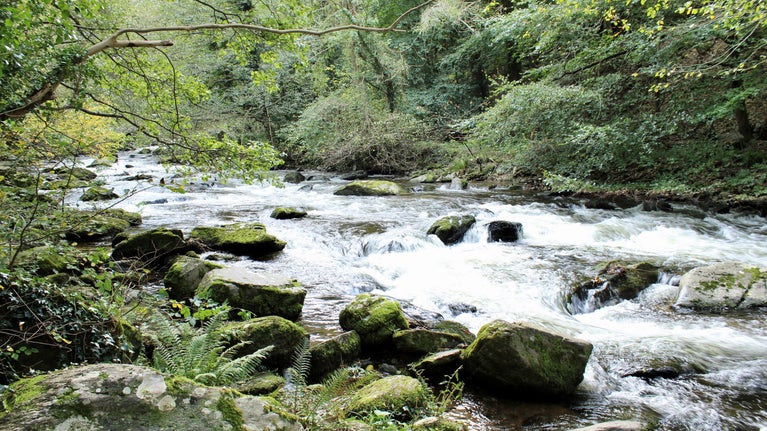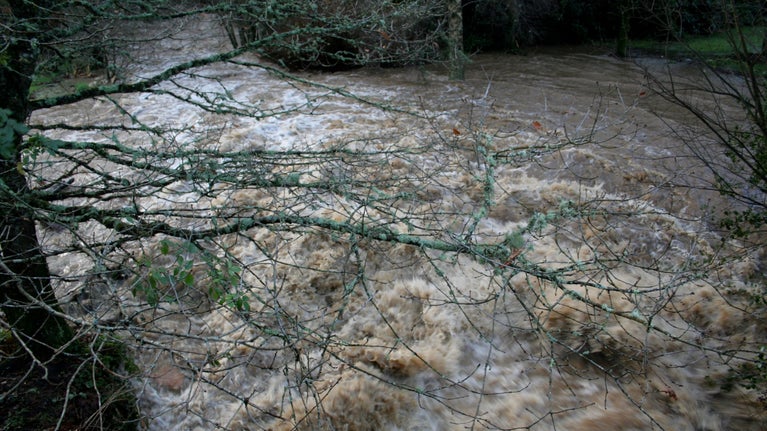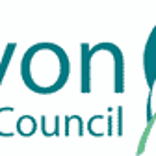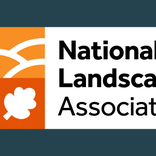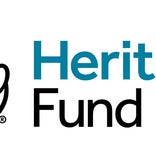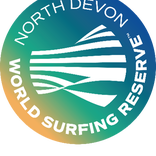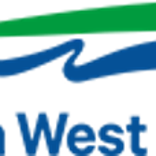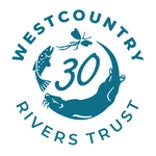The Riverlands project
The Riverlands project is an ambitious, long-term programme of work, at the heart of the Trust’s ambitions for restoring a healthy, natural environment. We're creating larger, connected spaces for nature on the land we care for, working in partnerships to achieve sustainable landscapes that benefit both people and wildlife.
Currently only 14% of England’s rivers are in good health, with 13% of freshwater and wetland species now threatened with extinction in the UK. 90% of lowland ponds were lost in the 20th century and 90% of our wetland habitat has been lost over the past century. We're setting out to reverse this trend through our work.
Our Vision
Our vision is to restore:
“A dynamic network of varied and naturally functioning wetland habitats across North Devon to create a diverse and resilient area for wildlife to thrive and people to enjoy.”
Background
Centuries of land drainage across North Devon for farming and development have harmed wildlife and the environment. Streams and rivers were canalized and disconnected from floodplains, resulting in wetlands lost, reduced water quality, and an increased risk of flash flooding and soil erosion.
These practices have also had profound impacts upon wildlife, massively reducing the once widespread wetland habitats that many plants and animals depend on for their survival. This includes some of our most threatened and iconic species, such as water voles, otters, and kingfisher.
With more extreme weather causing floods, droughts, and further habitat loss, there is a growing need for sustainable water management to protect both wildlife and landscapes.

